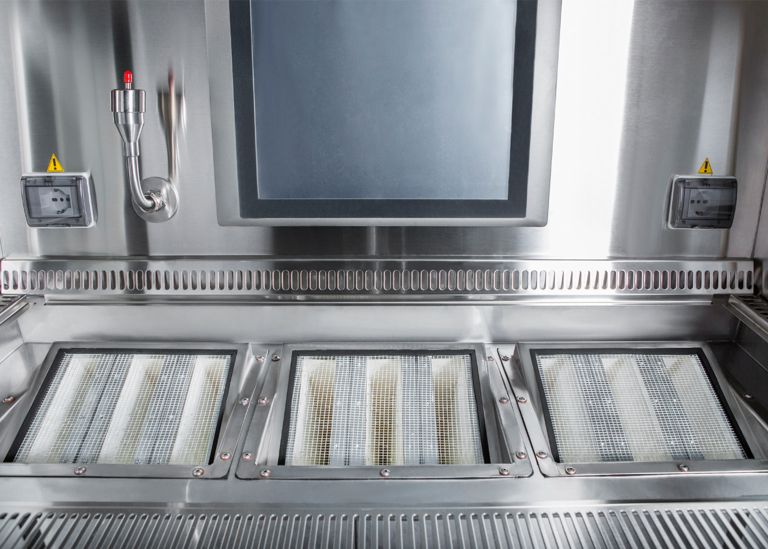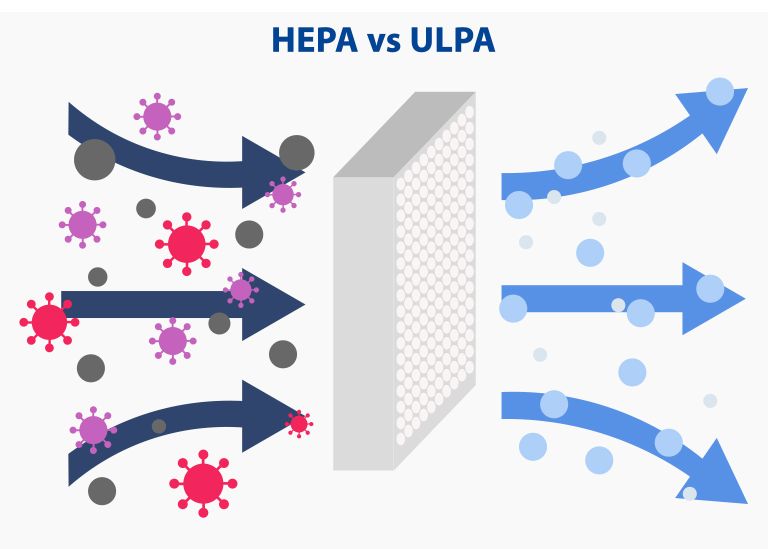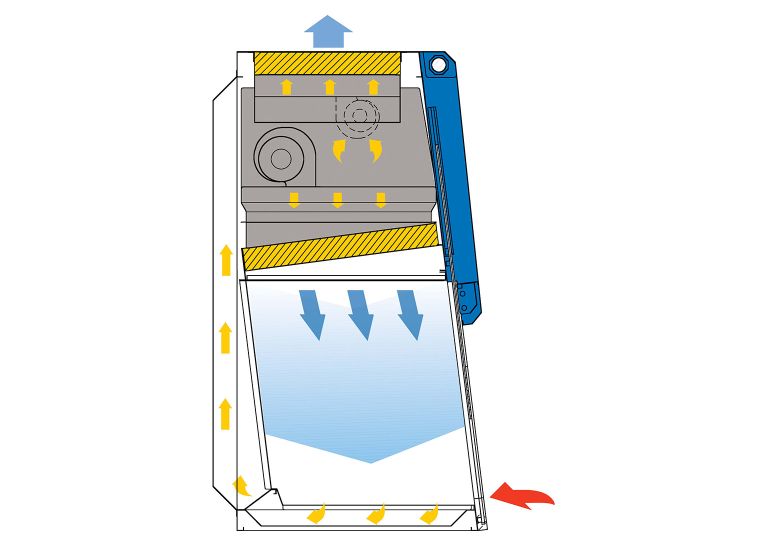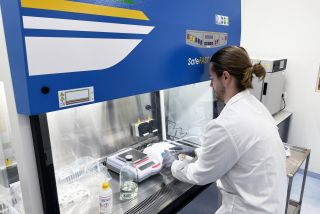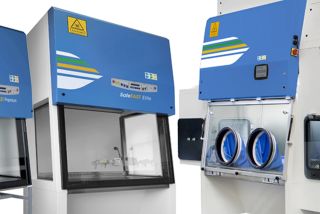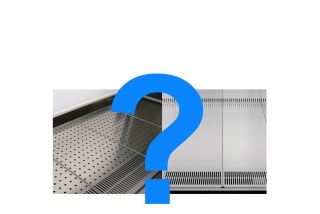
The difference between HEPA and ULPA filters
Which filter is the best option for your Microbiological Safety Cabinet (MSC)? The filter is the beating heart of your microbiological safety cabinet. Understanding the similarities and differences between HEPA and ULPA filters can help you choose the best filter for your application.
A microbiological safety cabinet is important in nearly all laboratories for handling low- to moderate-risk biological material. The main purpose of the filter is to remove particles such as viruses, spores and bacteria before the air is fed back into the MSC.
When selecting the right filter type, you can use the 3-step plan below. These are guidelines based on European standard EN1822.
1. Filtration level
As stated above, the filter is one of the most important components of a microbiological safety cabinet. The main purpose of a HEPA or ULPA filter is air filtration with long-term operation and limited impact on air flow rate. A ULPA filter removes particles with greater precision than a HEPA filter of the same dimensions. The degree of filtration you need, however, depends on the kind of work you do in your MSC. A HEPA filter is more than sufficient to prevent contamination with most biological applications.
2. Filtration standard
Choose a filter that meets the appropriate standard for your microbiological safety cabinet.
3. MSC design
Air velocity and flow rate are very important for maintaining the right amount of negative pressure in your MSC. This is influenced by the design, manufacture and operation of your MSC, as well as the filter. A ULPA filter allows less air through than a HEPA filter and therefore slows down the airflow more. If you use a ULPA filter, you will need to increase the size and/or depth of the filter or increase the power of the fans.
Conclusion
A HEPA filter will suffice for most operations. HEPA filters are less likely to saturate and therefore have a longer lifespan.
ULPA filters are less commonly used because they are more expensive and create more noise due to their higher resistance. However, they do offer a filtration efficiency of more than 99.9995% at the most penetrating particle dimension. Depending on your operations, a ULPA filter may therefore be the right option for you.
If you base your choice between a HEPA or ULPA filter on the main application of your microbiological safety cabinet and the level of filtration needed, you can confidently choose the right filter. You can always contact Elscolab for further advice.
More information?
